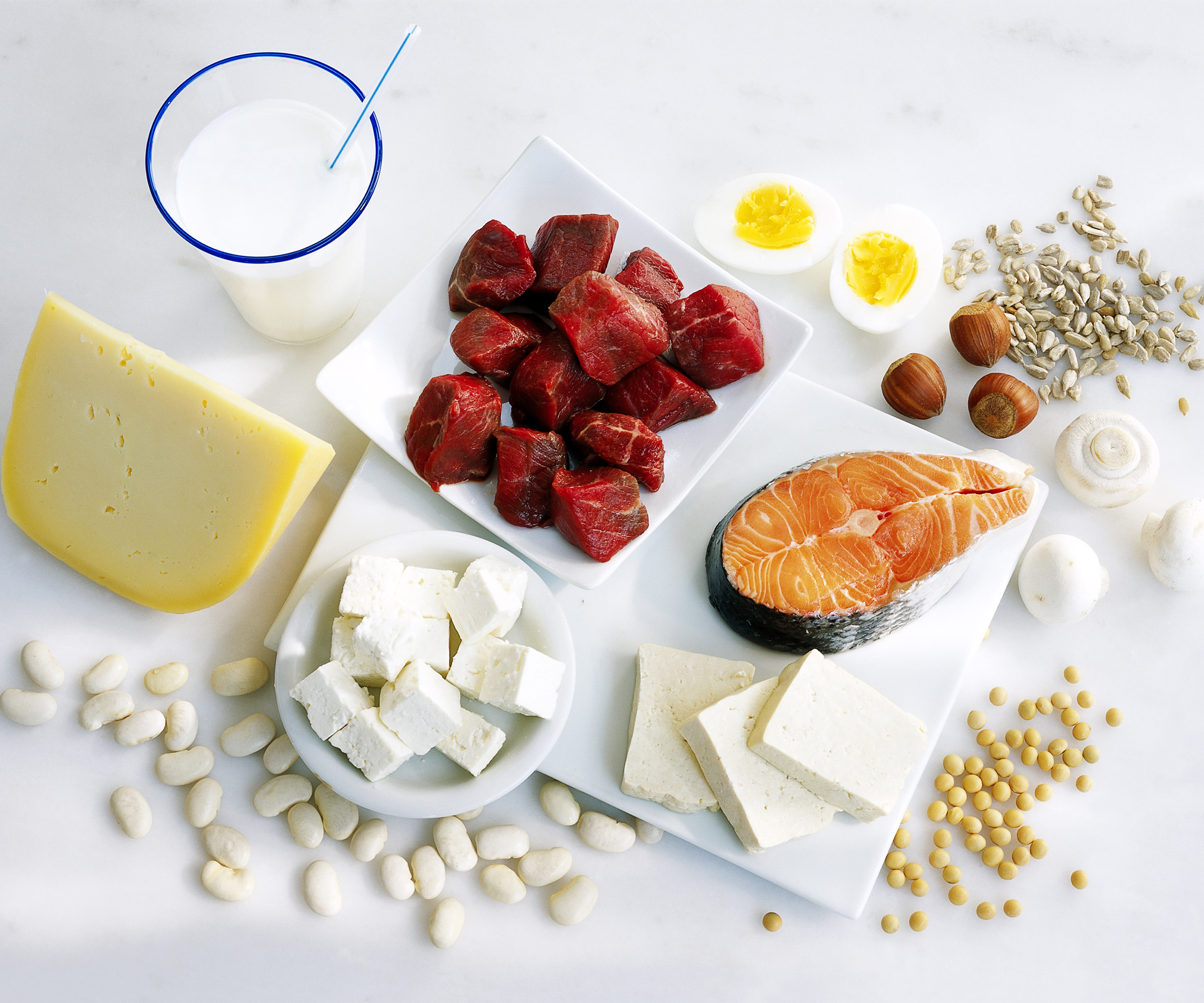There is no question that we have a need for protein in our diets, as it’s one of the primary nutrients that make our bodies tick.
However, there is a lot of confusion and myths surrounding what protein actually does, how much we need, and how to make sure we’re getting enough of it – especially for those of us who don’t eat meat.
We sat down with Fonterra’s General Manager of Nutrition, Angela Rowan to separate fact from fiction.
Why do we need protein?
Protein is one of the four main nutrients our bodies need. It consists of smaller elements called amino acids that our bodies use to build muscle, maintain the immune system, create enzymes and hormones, and transport nutrients around the body.
Our bodies are incapable of creating all the amino acids needed to have the above benefits, which therefore means we need to source them from our diets. Protein is necessary to stay active and mobile, so the consumption of protein is necessary to maintain function within our bodies.
It can also be used as a source of energy.
What is the best source of protein?
The best source of protein is dependent on an individual’s diet. Although meat, poultry and fish are the primary source of protein in New Zealanders, this may not be accurate for a vegetarian or vegan. However, as protein can be found in a lot of differing food sources, maintaining a varied diet is important for optimal health.
What is important to note is the quality of the protein we are consuming. High quality protein contain essential amino acids, whereas lower quality proteins don’t. High quality proteins are commonly found in animal derived foods and some soy products, while lower quality proteins are often found in other plant sources.
How are people using protein wrong?
People aren’t necessarily using protein “wrong” but typically, protein is consumed in the evening.
Emerging evidence suggests that spreading the consumption of protein more evenly across your meals during the day may actually help stimulate muscle reproduction, and lead to positive muscle balance.
Spreading your intake across the day can also help to control hunger, as protein has been consistently shown to increase feelings of fullness when in a meal.
How much protein should women be consuming?
It is recommended that 15-25% of our total energy should come from protein for both women and men.
However, protein needs are not as high for women as women tend to consume an overall lower level of energy throughout the day. So, the amount of protein needed, is dependent on the amount of energy needed.
What ways are people able to obtain protein if they don’t eat meat?
A large variety of foods and beverages that we eat everyday contain protein. Sources of protein can range from meat and dairy products (such as beef, poultry and fish, as well as milk, yoghurt and cheese), right through to eggs, legumes, nuts, seeds and some wholegrain breads.

Can too much protein be harmful?
There is little evidence to suggest that too much protein is harmful. Adequate protein intake is in fact very important for the development and maintenance of healthy bones and bodily functioning.
Do people who exercise more need more protein?
People who regularly undertake intense exercise do require higher intakes of protein than people who do not, in order to support the recovery and repair of their bodies. Some people benefit from a small amount of protein during their exercise as an additional source of energy.
What are some misconceptions about protein and using protein?
A common misconception is that protein is just for body builders and you might ‘bulk up’ if you eat too much protein.
Protein is needed by the body for a wide range of functions – not just for building and maintaining muscle.
In order to build any form of new muscle, you need to combine weight lifting exercise with a healthy balanced diet which is adequate in protein. In reality, ‘bulking up’ is incredibly hard for women to do due to their lower levels of testosterone, when compared to men.
Another common misconception is that New Zealanders eat too much protein.
Although New Zealanders are on average meet the 15-25% range coming in at 16%, this is on the lower end of the range.
So, New Zealanders are meeting Recommended Dietary Requirements (RDIs), which are set to achieve a balance between what we eat and lose, however, higher protein intakes would provide additional health benefits.




